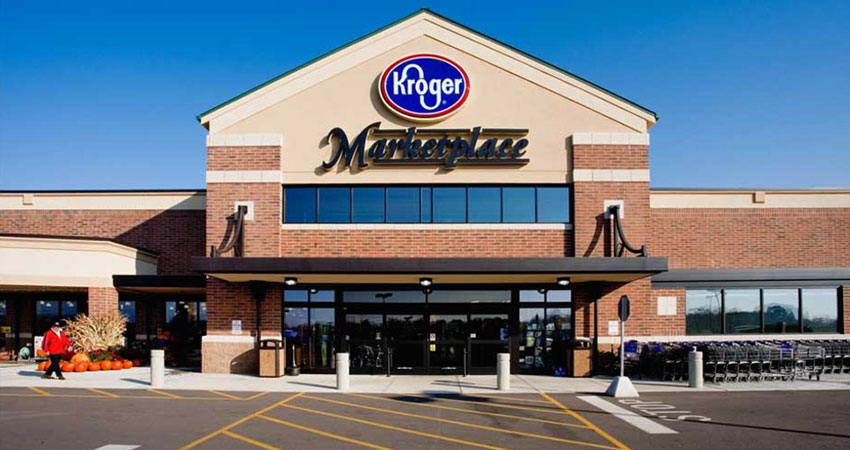Senators are asking for a hearing and Federal Trade Commission oversight to review the proposed $24.6 billion mega deal merging Kroger and Albertsons into a grocery powerhouse, expressing concerns about its impact on the competitive landscape and on consumers dealing with soaring prices.
To proactively address concerns, Kroger plans to create a subsidiary which would be spun off to Albertsons shareholders as a publicly traded company just before the closing of the deal in 2023. The two companies also plan to shutter about 375 of their 5,000 combined stores in various markets as a counter to antitrust claims.
Bank of America estimates that before divestiture, the combined company would control 19% of the U.S. grocery market, behind Walmart at 25% (30% including Sam’s Club) and ahead of Costco (9%), according to Forbes.
U.S. Sens. Mike Lee (R-UT) and Amy Klobuchar (D-MN), chairwoman and ranking member, respectively, of the Senate Judiciary Subcommittee on Competition Policy, Antitrust, and Consumer Rights said they plan to hold a hearing in November to review the proposed deal.
“We have serious concerns about the proposed transaction between Kroger and Albertsons,” the two said in a statement. “The grocery industry is essential, and we must ensure that it remains competitive so that American families can afford to put food on the table. We will hold a hearing focused on this proposed merger and the consequences consumers may face if this deal moves forward.”
“Utahns, like all Americans, are suffering from skyrocketing food prices,” said Lee in a separate statement. “As the senior Republican member of the Senate Antitrust Subcommittee, I will do everything in my power to ensure our antitrust laws are robustly enforced to protect consumers from anticompetitive mergers that could further exacerbate the financial strain we already feel in the grocery store checkout aisle.”
In a letter to the FTC chair Lina Kahn, Klobuchar and Sens. Richard Blumenthal (D-CT), and Cory Booker (D-NJ), expressed concern over the economic impacts of the deal at a time when “too many American families are struggling to put food on the table for their families.”
“This merger raises considerable antitrust concerns,” they wrote. “The grocery industry is essential to daily life, and Americans need the benefits that robust competition brings, namely lower prices, higher quality and innovation.”
Neil Saunders, a managing director and retail analyst at GlobalData Retail, said on a local level, the regulatory picture is fairly straightforward in terms of divestiture market by market to maintain fair competition. Looking at a national map, Saunders said, there is more complementary coverage vs. service overlap.
On a national level, however, it gets much trickier, with heated rhetoric from Sens. Bernie Sanders (I-VT) and Elizabeth Warren (D-MA), saying the the Kroger-Albertsons deal creates a conglomerate with loads of power that’s bad for competition and pricing.
“Those statements are political, and the FTC’s job is look more at the data and the technical framework, taking some of the political heat out of it,” he said on a Multichannel Merchant podcast this week. “But the fact that there will be congressional hearings on this means politicians will definitely weigh in. It will put a lot pressure on the FTC to look very closely at this deal, especially at a time when are prices going up enormously, and there’s a lot of sensitivity around that.”
Saunders said the FTC needs to consider not only how and where divestment happens, but the long-term market ramifications as well. He cited Albertsons’ 2015 acquisition of Safeway, in which Haggen Food & Pharmacy, purchaser of most of the divested stores, went bankrupt nine months later, and Dollar Express, formed out of the FTC-ordered divestment of 330 Dollar Tree and Family Dollar stores from that merger, which met a similar fate. Not a good year for these ventures.
“Some of these divestments don’t work, and the FTC needs to look not only at what needs to be divested and how, but whether that divestment sustains in the in long run and creates competition,” he said. “It’s one of things that’s very important from a regulatory point of view.”

